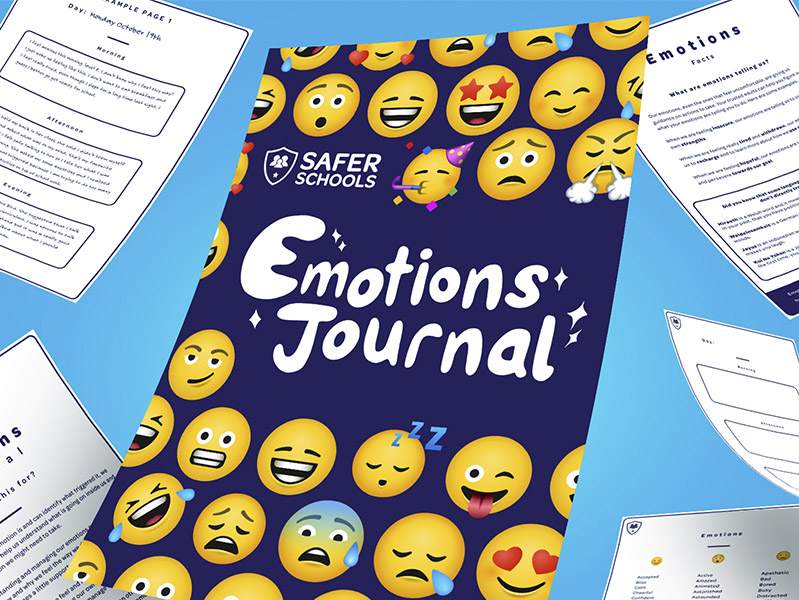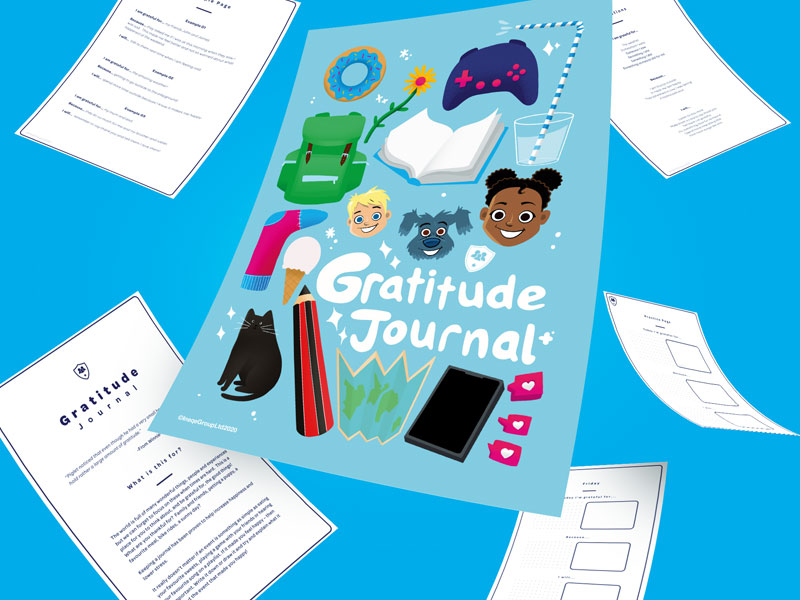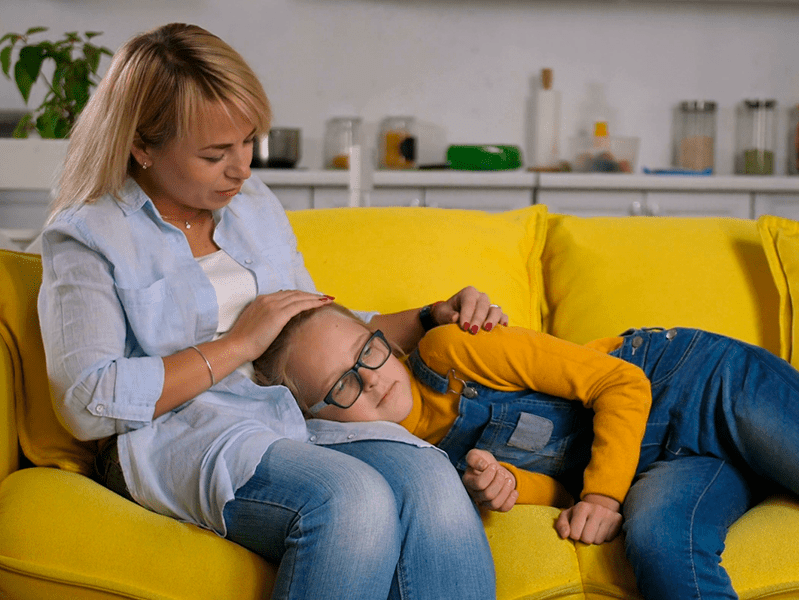This is the United Nations International Day of Zero Tolerance for Female Genital Mutilation (FGM). We fully support all efforts to engage and raise awareness as we collaborate to help eliminate this violent practice.
The FGM Enhanced Dataset was opened in 2015 and collects information from NHS Trusts and GP practices regarding when they come in contact with victims of FGM. From April 2015 and March 2020, this data set recorded 24,420 individual cases.
International reports indicate that during lockdowns women and girls in source countries, such as in East and West Africa, are experiencing higher levels of cutting, potentially hidden by the impact of COVID related restrictions. This may be exacerbated by a reduction in the opportunity to be in contact with health services.
Hear from Mbalu Mansaray, a survivor of FGM, about the long term impacts of the practice.
What is FGM?
Female Genital Mutilation or ‘FGM’ is a form of physical abuse. It is also a form of sexual and gender-based violence (SGBV).
FGM has long been challenged within communities impacted by the practice and following the introduction of enhanced legislation and mandatory reporting, statutory authorities now pay more attention to the issue.
UNICEF report that approx. 200 million girls and women alive today, in 30 countries, have experienced some form of FGM.
The World Health Organisation, describes four types of FGM:
It is generally understood that the risks to health and life from these practices increase with the severity of the procedure – type 1 and 2 are thought to be most common.
The Challenges
Safeguarding professionals need to understand the issue and how they can protect young people from harm. There is debate around the prevalence of the practice within the UK, and communities worldwide.
For professionals, the focus should be placed on educating and safeguarding young people. You should avoid insensitive interventions or poorly informed suspicions – this can risk stigmatising communities where FGM is practiced.
What you can do
Support
If you are worried about a young person is at risk or is a victim of FGM you can contact the NSPCC FGM Helpline:
Join our Safeguarding Hub Newsletter Network
Members of our network receive weekly updates on the trends, risks and threats to children and young people online.








